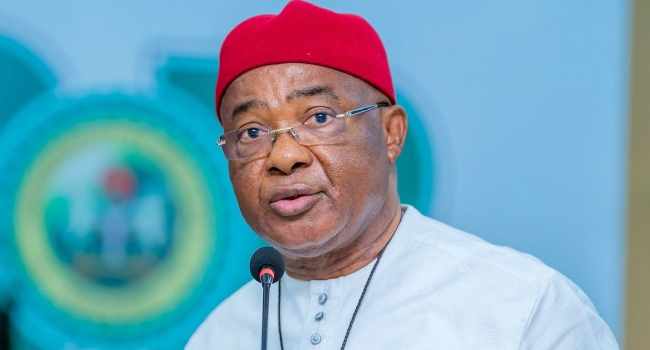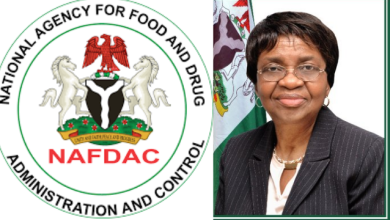South-East Seeks State Creation, Power Rotation, and State Police – Governor Uzodimma

Senator Hope Uzodimma, the governor of Imo State, has called on the National Assembly to address what he called years of “imbalance and exclusion” against the South-East.
Uzodimma listed the region’s main expectations, including the establishment of at least two new states for the zone, during his remarks during the South-East Zonal Public Hearing on the 1999 Constitution Review for Imo and Abia States, which was held in Owerri.
The only region with fewer than five states is still the South-East. There are six or more in every other zone,” Uzodimma stated.
Underrepresentation in important national institutions, such as the Federal Executive Council and the National Assembly, is the result of this mismatch. It has limited our inclusivity and diminished our voice.
Uzodimma highlighted Anim State’s potential for oil production as one of the new states that should be established.
When it is created, this stage will be able to produce oil. Because of this, it has a strong enough income base to be profitable, he said.
He said that in order to accommodate the region’s expanding population and significant economic potential, local government districts should be reorganized together with the establishment of new states.
Uzodimma reflected on the history of the area, recalling that before states like Abia and Ebonyi appeared, Owerri was the capital of the former Eastern Region.
We might soon have additional state capitals, including as Orlu, Aba, Nsukka, and others, thanks to our combined efforts. By God’s grace, I think this is the South-East’s collective prayer, and it will be answered,” he continued.
Reevaluating Indigenous Peoples
Regarding the contentious topic of indigeneship, the governor made one of his most audacious proposals. He demanded that the term of “Indigenous” be changed legally, arguing that status should be granted based on birth or 10 years or more of residency.
“We shouldn’t come across as contradicting ourselves. He said, “We must legally define indigeneship by birth or by long-term residency, say ten years.” “A person should be considered a legitimate native of a state if they were born there or have resided there for more than ten years.”
He used the well-known instance of Mallam Umaru Altine, a Fulani man who served as Enugu’s mayor in 1952, to demonstrate how Nigeria used to embrace this kind of openness. “If only the constitution could catch up with our history, that would reveal something profound about our potential for unity.”
The Rotational Presidency Call
In addition, Uzodimma offered his thoughts on the national leadership system, advocating for a constitutional clause that would cycle the presidency not only between the North and South but also among the six geopolitical zones.
“National stability, not token efforts,” he stated. “Nigerians will feel more included in the nation and less afraid of dominance if they are aware that the presidency will alternate between the six zones.”
Read Also: Natasha Akpoti-Uduaghan Set to Resume Senate Seat Despite Akpabio’s Protest
He pointed out that zoning has already stabilized federal appointments and thinks that extending it to the presidency might promote harmony and trust between people.
There was more for the governor to do. Citing the current centralized system as “overstretched and disconnected from local realities,” he called for the creation of state police.
“I can attest that we are in favor of police decentralization for increased responsiveness and effectiveness as the Chairman of the Progressive Governors’ Forum,” he stated. “The concern that governors will abuse this kind of power is, to be honest, out of date and unfounded.”
Uzodimma emphasized that local security issues cannot wait for outmoded anxieties. “When our citizens are yelling for safety and order, we cannot let the past paralyze the future.”
The governor of Imo concluded his speech by urging the Constitution Review Committee to base their work on justice, equity, and togetherness.
“Rather than being a problem, our variety is a strength. However, Uzodimma stated that equity and the law must be used to harness that power.
“Our shared values, not just our shared borders, must be reflected in our Constitution.”
“May you be guided by the hope of millions who seek a Constitution that truly belongs to them, one that ensures fairness, equity, and a level playing field for all,” he said, urging the committee to hear the opinions of regular Nigerians across.





